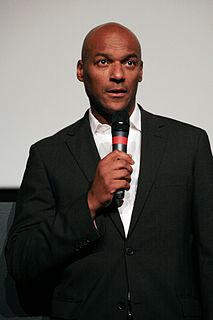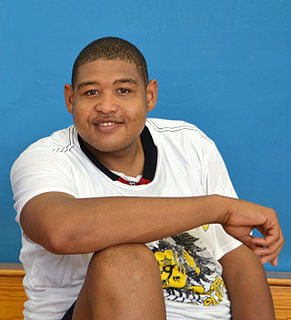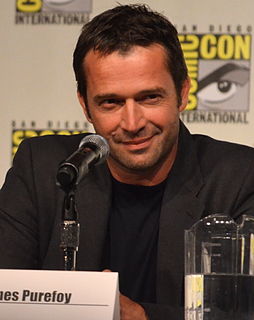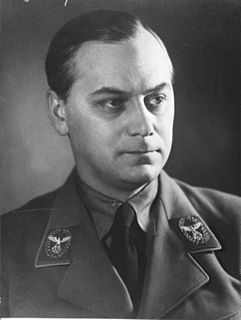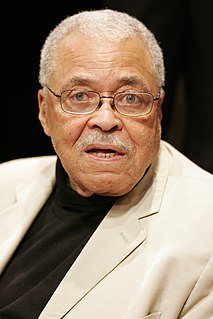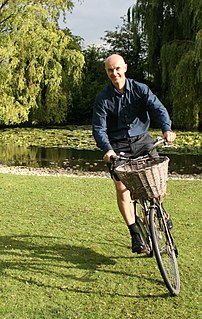A Quote by Idris Elba
There has been a big debate about it: can a black man play a Nordic character?
Related Quotes
As a 6-foot, 6-inch, 300-pound black man, I've done everything I can to stay out of that box that Hollywood tries to put me in. I've been able to play a variety of roles, like the character of Vern in 'Shall We Dance?' with Richard Gere and Jennifer Lopez to the character of Neal in 'Things We Lost in the Fire.' I've been blessed.
On the other hand, heroism is basic to the character of the Nordic peoples. This heroism of the ancient mythic period and this is what is decisive has never been lost, despite times of decline, so long as the Nordic blood was still alive. Heroism, in fact, took many forms, from the warrior nobility of Siegfried or Hercules to the intellectual nobility of Copernicus and Leonardo , the religious nobility of Eckehart and Lagarde, or the political nobility of Frederick the Great and Bismarck , and its substance has remained the same.
I felt like it was a courageous show [Black-ish] from the beginning. We are a black family - we're not a family that happens to be black. But the show is not even about us being black. The show is about us being a family. That is groundbreaking - on TV, the black characters either happen to be black or they're the "black character," where everything they say is about being black. I think that's the genius.
Governmental intervention and personal responsibility are not mutually exclusive issues, but they do frame a 'do it ourselves' vs. 'what are you doing for us' debate. For the black community, that's a debate that's been raging at least as far back as the W.E.B. Du Bois, Booker T. Washington philosophical grudge matches.
I was distressed by the poor quality of the debate surrounding energy. I was also noticing so much green wash from politicians and big business. I was tired of the debate - the extremism, the nimbyism, the hair shirt. We need a constructive conversation about energy, not a Punch and Judy show. I just wanted to try to reboot the whole debate.
There's no reason why you can't say "August Wilson, playwright" even though all of my work, every single play, is about black Americans, about black American culture, about the black experience in America. I write about the black experience of men, or I write about black folks. That's who I am. In the same manner that Chekhov wrote about the Russians, I write about blacks. I couldn't do anything else. I wouldn't do anything else.
When you say 'the man of the house,' the black woman has been the woman and the man of the house, because black men have so often had to spend all of their time and energy working and trying, at least, to give their families the basic needs. So black women, I find, are not really concerned about women's liberation.

